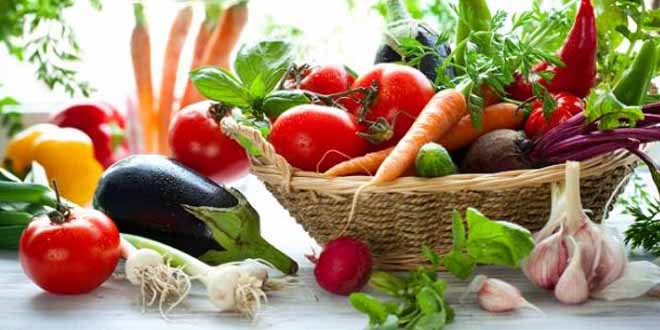
Digestion Problems: Eating According to Your Age
Some things we can never outgrow – like our need for nutrition. Healthful eating is crucial for avoiding digestion problems and life-threatening illnesses. No matter what your age, good nutrition should be maintained in every stage of life. It’s never too late to start living a healthier lifestyle.
What’s the Purpose?
“As we get older, the body becomes less efficient at absorbing some key nutrients,” Katherine Tucker stated, who is the Chairperson of the Department of Health Science at Northeastern University of Boston. At an older age, we need to modify our diet to consume a larger intake of vitamins and nutrients.
Degenerative diseases affecting older-aged men and women are all diet-affected diseases. Diseases such as cerebrovascular disease, diabetes, cardiovascular diseases, and osteoporosis are amongst the most common ones.
Some of the most common signs of old age include deteriorating vision, loss of cognitive function, and decreased immune function. Inadequate amounts of nutrients also play a part in the severity of these disabilities.
However, as we age it gets harder to keep up with a consistent diet. Some of the risk factors that increase poor nutrition include:
- Taking medications
- Economically unstable
- Inability to care for yourself
- Poor dental health (can lead to inability to chew)
- Ill health
Here’s What We Need To Do
An increase in age inevitably leads to a necessary decrease in calories. This is because in older individuals there is a loss of muscles which affects the amount of physical activity. Since there is a decline in activity, less body processes require less energy. In the dietary plan of a person with an older age, there is a fine line between calorie consumption and nutritional intake.
We can avoid crossing the line by choosing foods that are high in fiber and low in fat. Cereals, fruits, vegetables, and whole-grain breads are perfect examples. These foods mentioned above are rich in folate acid and are important for avoiding neural tube defects in fetuses and anemia. But now that breakfast cereals are fortified with folate, folic acid deficiencies are less common.
Low-fat milk, yogurt and cheese are ideal sources of calcium. Helping yourself to at least 2-3 servings of calcium rich foods everyday can decrease the risk and severity of osteoporosis in older adults. Other foods equipped with calcium are the following: leafy vegies, salmon, tofu, soy milk.
Bananas, prunes, and potatoes with their skin are rich in potassium. Sufficient consumption of this mineral can reduce the risk of kidney stones and high blood pressure. Unfortunately, potassium deficiency is very common in older adults.
Water, water, water! Our sense of thirst has the potential of declining with our increase in age. This makes older adults very susceptible to dehydration. Water is especially important if you are increasing fiber intake since it absorbs water. It is recommended that you drink 3 to 5 glasses of water each day.
Special Considerations
Just like our sense for thirst, our ability to taste and smell also may gradually decline with increased age. This inability to have a reasonable judgment on foods can make foods you once liked seem less appetizing.
To compensate for the loss of taste and smell, look to intensify the healthy foods to make them seem more appealing. Use lemon juice, spices and herbs to perk up the flavors. Avoid relying on sugar and salt. Be creative and use healthy substitutes to bring more taste into your meal. Add new textures like crushing whole-grain crackers in soup, or sprinkle a pinch of cinnamon on a serving on warm applesauce.
Watch out for spicy foods! Dry mouth is another common problem faced by older men and women. The lack of saliva makes it difficult to chew and swallow. Spicy foods irritate the lips and tongue which worsens dry mouth. Sucking on hard candies or popsicles and drinking fluids help to relieve this common problem. A room humidifier may also help.

